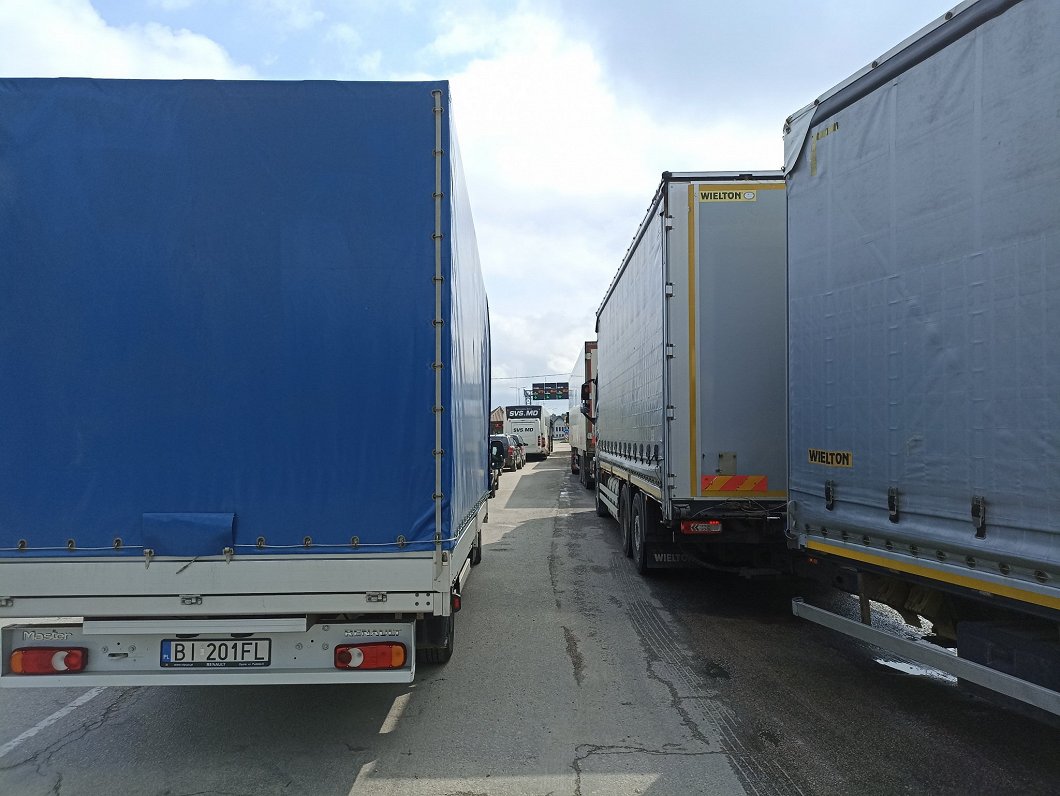During the nine months of this year, compared to the same time last year, road freight transport has remained at the level of the previous year, according to data from the Central Statistical Bureau. Trucks transported nearly 78 million tonnes of goods this year.
Domestic transport volumes remained unchanged, while international freight transport dropped by 9%. While the statistics show that our entrepreneurs worked less abroad, figures on the volumes of exported and imported goods show growing trends.
But what does the industry say about business?
The situation in the sector was assessed by Māris Dreimanis, director of the company Vervo and secretary-general of the Latvian Association of freight forwarders and logistics.
“Vervo's year passed quite well, [there was] growth in turnover, and we will be able to show positive profit figures this year. But the overall situation in the freight sector is quite tense [due to] the Russian-Ukrainian war. Goods are still being carried to Russia, unsanctioned goods. Cargo volume is high, drivers do not want to go to Russia for ethical and safety reasons,” Dreimanis said.
However, the exchange of goods with Russia is increasingly intense, concluded Dreymanis.
“For example, Latvia's largest companies, which had long focused their activities on Russia, are still working there. There are a lot of unsanctioned goods being brought to Russia. Warehouses are full of cheap shoes that are still being transported to Russia. Companies work. But of course, what's happening on the border is frustrating. A large proportion of cars with European numbers are not let in. Trailers must be rehooked accordingly and superfluous operations must be carried out which create lines at the borders. But road transport companies are adapting to the situation and are doing their jobs," Dreimanis said.
The Russian war in Ukraine has also deprived the freight industry of its drivers, since the Ukrainians are now protecting their country.
However, for example, the CEO of the transportation company Miandum, Gundars Plūme, has concluded that there are currently enough drivers: “We are fine with the workforce. We have drivers who invariably work for us and we are not looking for drivers. Drivers are looking for us rather. We were raising our wages in the spring, and we are planning to raise our drivers' pay in the near future. Drivers don't complain.”
But the partial loss of Russian, Belarusian and Ukrainian markets is intensifying competition, observed the CEO of Miandum. "Our core activity is to Scandinavia and to European countries. And we see more transport service providers in the Baltic market. This will lead to lower freight prices. It could be said that there is a bit of dumping. Those who have been traveling to Russia or Belarus are dropping their prices,” said Plūme.




























